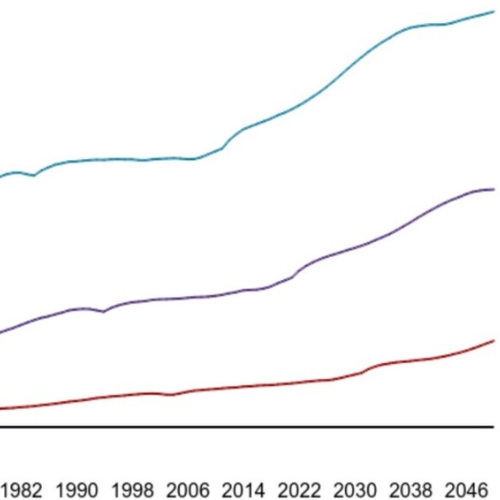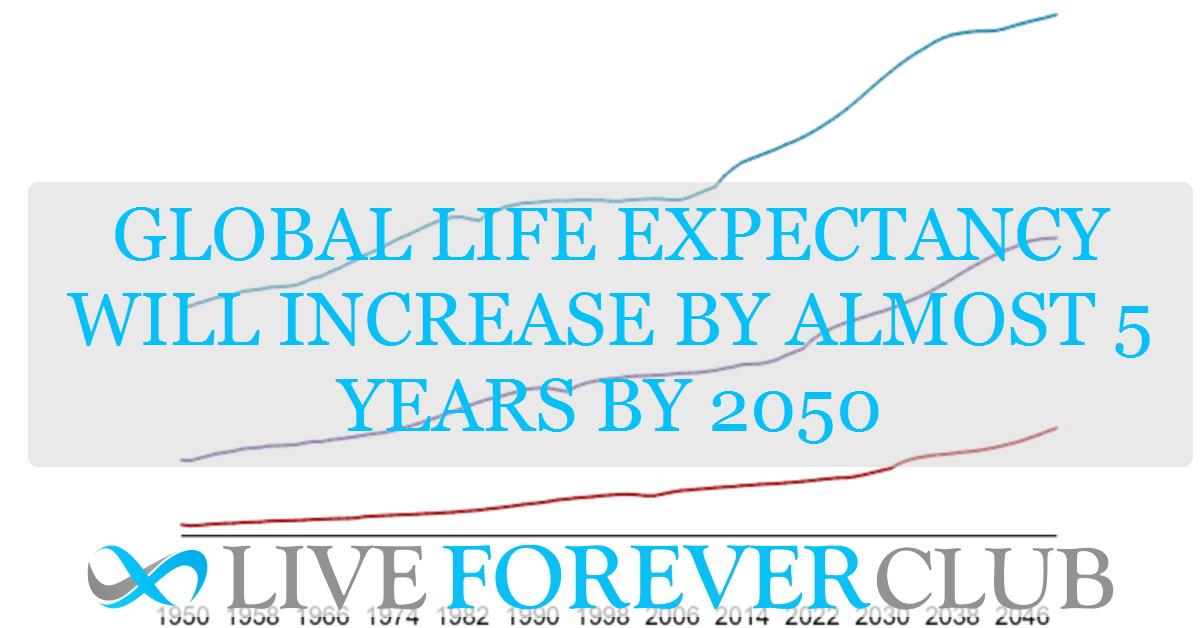Key points from article :
The Global Burden of Disease Study 2021 forecasts global life expectancy to rise by almost five years by 2050, driven by improvements in public health measures tackling cardiovascular diseases, Covid-19, and various communicable diseases.
While life expectancy is expected to increase across the board, lower-income countries, especially in sub-Saharan Africa, are predicted to see the most significant gains, reducing global disparities.
Despite this positive trend, the pace of life expectancy improvement is slower compared to the pre-Covid era, with non-communicable diseases like cancer and diabetes becoming the predominant health concern.
Although people are living longer, they may experience more years with health issues, as healthy life expectancy (years lived in good health) is only projected to increase by 2.6 years by 2050.
Metabolic risk factors, air pollution, and tobacco use are identified as major contributors to poor health and early death, underscoring the need for global policy interventions and individual behavior change.
Published in The Lancet, the study's findings highlight the importance of addressing rising metabolic and dietary risks to improve global health outcomes and reduce years lost to illness and premature death.
The study was carried out by researchers at the University of Washington.








